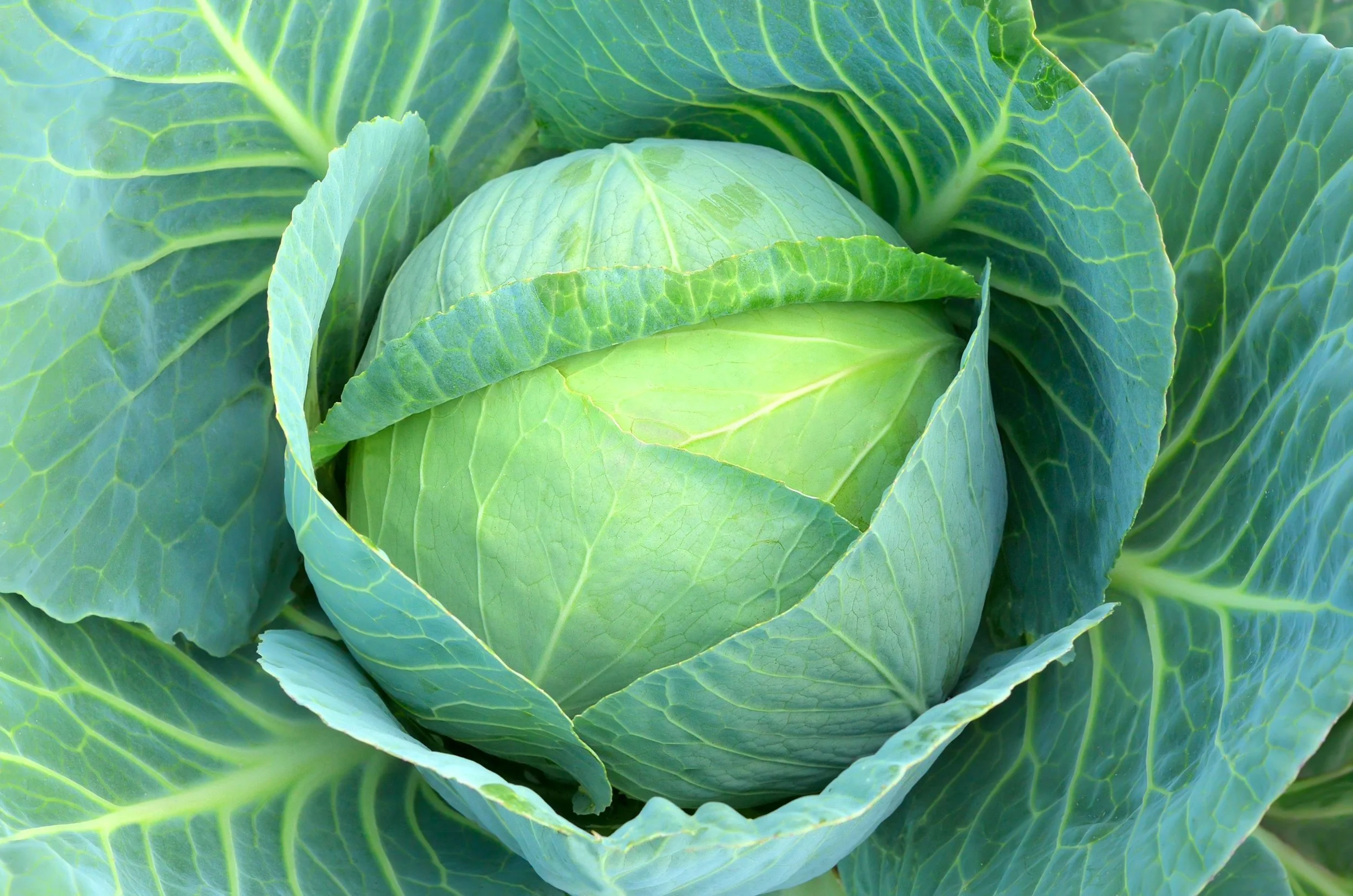Don’t Forget the Cabbage
Cabbages are a type of leafy green vegetable that is related to broccoli, cauliflower, and kale. They are typically green in color, but can also be red or purple. Cabbages are a common ingredient in many cuisines around the world, and can be eaten raw, cooked, or fermented.
Cabbages are a good source of vitamins and minerals, including:
Vitamin C
Vitamin K
Vitamin A
Folate
Potassium
Fiber
Cabbages also contain antioxidants, which can help to protect your body from damage.
Here are some of the potential health benefits of cabbages:
Improved digestion: Cabbages are a good source of fiber, which helps to keep your digestive system healthy.
Stronger bones: Cabbages are a good source of vitamin K, which is essential for bone health.
Reduced risk of cancer: Cabbages contain antioxidants that can help to protect your cells from damage.
Healthier heart: Cabbages contain compounds that can help to lower cholesterol levels and blood pressure.
Reduced inflammation: Cabbages contain compounds that have anti-inflammatory properties.
Cabbages are a safe and healthy food for most people to eat. However, some people may experience allergic reactions to cabbages. If you have any concerns, be sure to talk to your doctor.
Here are some tips for incorporating more cabbages into your diet:
Add cabbage to salads, sandwiches, and wraps.
Sauté cabbage with other vegetables to make a side dish.
Use cabbage to make soup, stew, or chili.
Add cabbage to your favorite recipes, such as pasta sauce, meatballs, or burgers.
Ferment cabbage to make kimchi or sauerkraut.
Cabbages are a versatile and delicious ingredient that can add flavor and nutrition to your diet.

